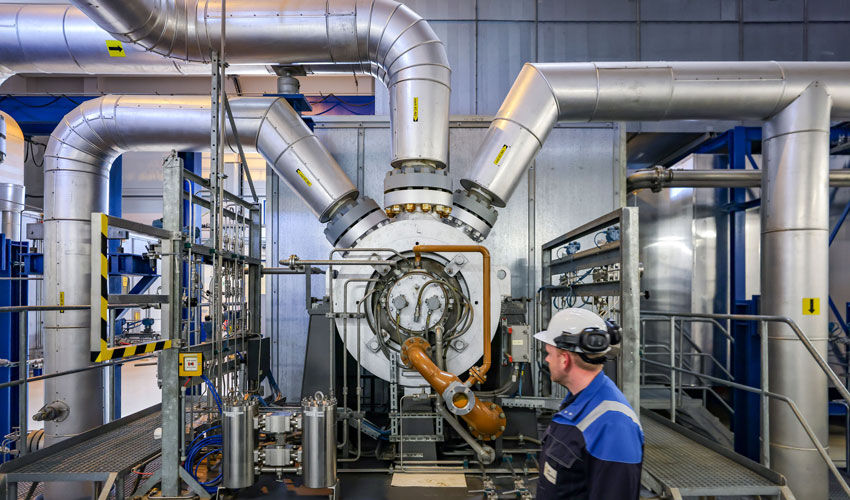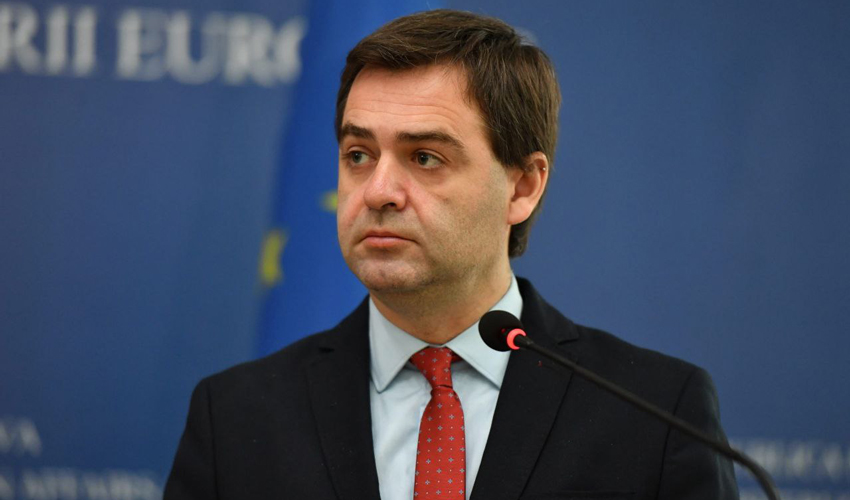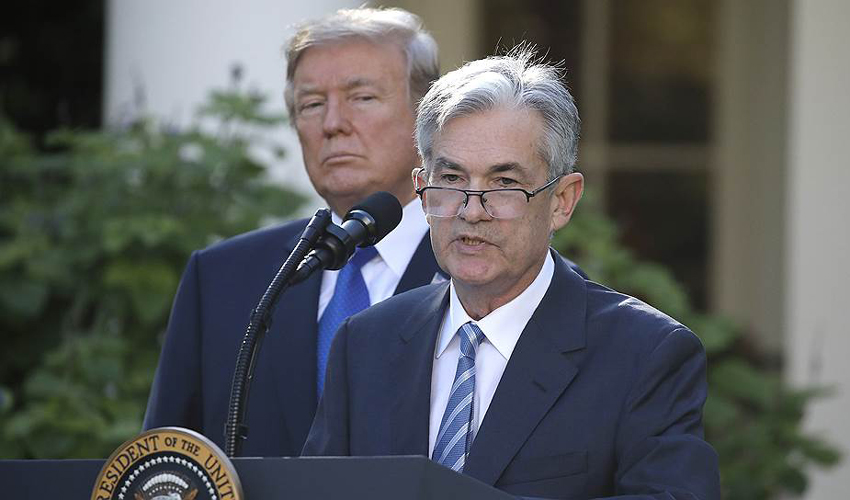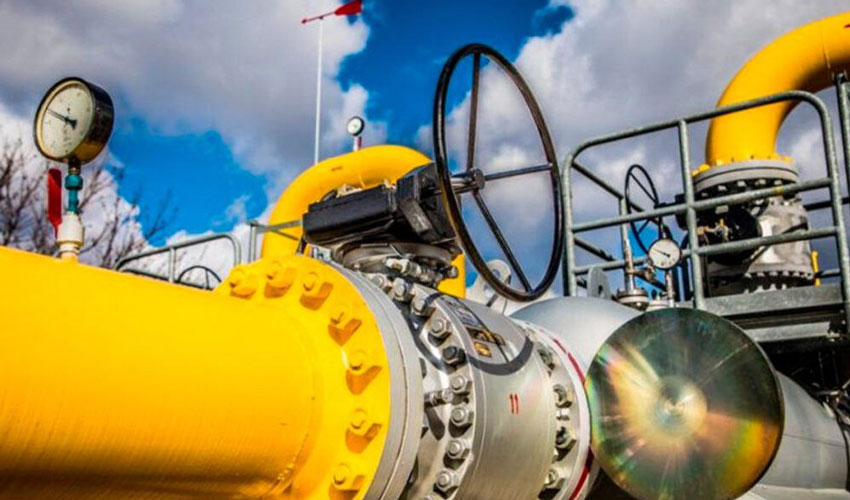
The problem is aggravated by the fact of insufficient gas reserves for winter and the possibility of closure of UGS facilities and other operators, writes Berliner Zeitung. The publication notes that shortly before its statement Uniper released the results of a specially commissioned study in which the concern warned of the consequences of insufficient filling of storage facilities: in the extreme case of a price increase to 150 euros per megawatt-hour (as of 10.10.2025, the price at the gas hub TTF in the Netherlands was 32,040 euros/MWh – noteLP), as well as damage to the German economy in the amount of billions of euros .
The German media are sounding the alarm: the operators VNG, Sefe and EWE have also announced that they are considering closing the storage facilities. At the same time, gas storage facilities are considered the backbone of the energy supply: on cold winter days, they cover up to 60% of Germany’s demand for its main energy carrier.
Gas operators are unanimous in their assertions: storing gas has become unprofitable and the established business model has been shaken in recent years. The main reason for this is that with the cessation of Russian gas supplies, the high cost of LNG imports and stringent requirements for storage levels, the former price advantage between summer and winter has disappeared. As a result, gas storage has practically ceased to be profitable. At the same time, operating costs, network charges and maintenance costs are rising, resulting in losses for many operators. As a result, German gas storage facilities have been extremely slow to fill this year.
In August, German storage operators warned that “historically low” gas reserves would be insufficient in the event of an extremely cold winter. However, Berliner Zeitung notes that the situation has now stabilized somewhat. According to Gas Infrastructure Europe, German storage facilities are 76.1% full as of October 10, 2025. According to federal government requirements, storage facilities should be 80% full by November 1 – a target that is likely to be met. However, the Association of Gas Storage Operators (INES) warns that in the event of particularly low temperatures, such as in 2010, gas reserves will be depleted by the end of January.
As of September 30, Uniper’s storage facility in Breitbrunn was only 58% full. “After several unsuccessful sales attempts, it is no longer possible to reach the target fill level of 80% by November 1,” Uniper said. An application to close the storage facility has now been submitted.
INES CEO Sebastian Heinemann emphasizes that regulatory measures by politicians during the gas crisis have led to “at least partial market dysfunction.” According to him, the federal government now intends to develop an instrument that will “ensure a secure supply and more economical filling of gas storage facilities”. Exactly what that tool will look like is still completely unknown. “But it is clear that the storage market needs to be restructured,” states the INES head.













